Zimbabwe: Wicknell Chivayo reveals what he discussed with Mozambique’s President Daniel Chapo - ...
Mozambique: Constitution review to end protests possible – president
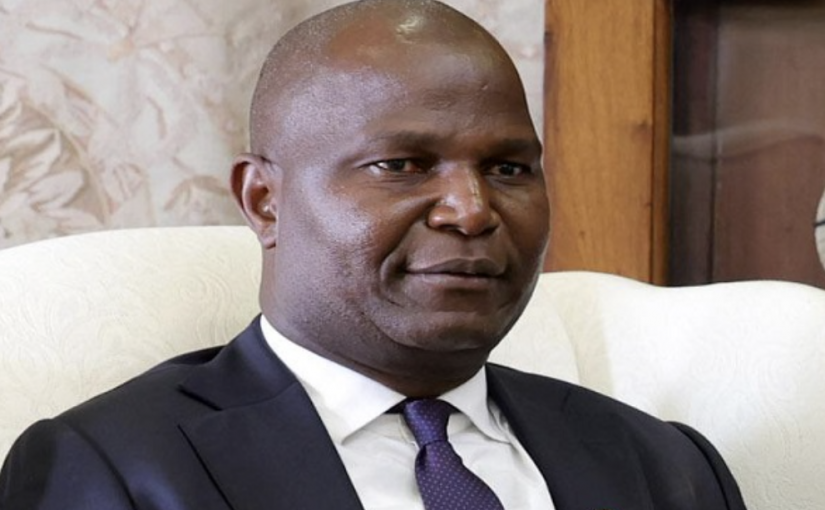
File photo: GCIS
The Mozambican president on Wednesday admitted the possibility of a constitutional review as part of the dialogue to end the country’s post-election crisis and the inclusion of at least four more parties that make up the provincial assemblies.
In a statement following a meeting with parliamentary political parties at the Mozambican presidency office, Daniel Chapo pointed to the revision of the electoral law as the priority, adding, however, that within the scope of the dialogue there are “other important matters that could lead to [a] constitutional revision”.
The Mozambican president is in dialogue with political parties to discuss state reforms, including changing the electoral law, a process initiated by the previous president, Filipe Nyusi, in the face of the country’s post-election crisis.
“The lines that are intended are the revision of the electoral law (…) so that we have a law of consensus in the next elections (…) We think that being debated by all Mozambicans will bring this agreement,” explained Daniel Chapo today.
Currently, the dialogue involves mainly parties with parliamentary seats, namely the Optimistic People for the Development of Mozambique (Podemos), the Mozambican National Resistance (Renamo), the Democratic Movement of Mozambique (MDM), as well as at least one extra-parliamentary party, Nova Democracia.
According to the Mozambican head of state, who also chairs the Mozambique Liberation Front (Frelimo, in power and a majority in parliament), there is already consensus on the terms of reference for signing an agreement in the near future.
“The content of the document is practically at 100%, but we thought it was important to include these other parties before this happens,” explained Chapo, stressing that the intention is to guarantee a “broad dialogue” that covers various segments of Mozambican society.
According to Chapo, at this stage, in addition to the Nova Democracia (New Democracy) Party, the dialogue will include the extra-parliamentary parties Partido Humanitário de Mozambique (Humanitarian Party of Mozambique), Partido de Renovação Social (Social Renewal Party), Revolução Democrática (Democratic Revolution) and Partido da Reconciliação Nacional (National Reconciliation Party).
Once again, the meeting was not attended by Venâncio Mondlane, the second highest vote-getter according to the Constitutional Council and who is leading the worst contestation of the results the country has seen since the first elections in 1994.
Since October, Mozambique has been experiencing a climate of intense social unrest, with demonstrations and stoppages called by Mondlane, who rejects the election results of 9 October that gave victory to Daniel Chapo in the presidential elections.
The protests, now on a smaller scale, have been taking place in different parts of the country and, as well as contesting the results, people are complaining about the rising cost of living and other social problems.
Since October, at least 327 people have died, including around two dozen minors, and around 750 have been shot during the protests, according to the electoral platform Decide, a non-governmental organisation that monitors electoral processes.




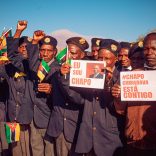
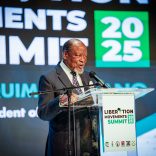
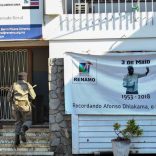
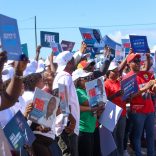




Leave a Reply
Be the First to Comment!
You must be logged in to post a comment.
You must be logged in to post a comment.